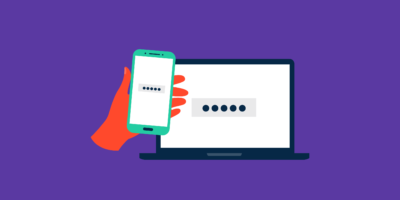Developers of the world’s most popular operating system are working on a new major update that will include stronger measures to protect the privacy and security of users’ data. According to a recent report by ZDNet, tech giant Google is prepared to release a beta version of Android P, which is scheduled for a final release in late 2018.
Oreo, the current version of Android, already includes various data privacy features; however, Google engineers are responding to the current state of cyber security, which is underscored by attacks on smartphones as well as on devices connected to the Internet of Things. Android is the most commonly installed operating system on connected devices; in fact, market research firm IDC has estimated that Android is present in 88 percent of smartphones around the world.
The following features have been announced by Android P developers:
Backup and Restore Security
Many smartphone users are known to connect their devices to desktop and laptop computers or to the cloud for the purpose of backing up their data. On Android P, encrypted backups will be standard, and users will be required to enter a lock screen code when they restore their data. Without this code, which can be set with gestures or numbers, backups cannot be managed.
Encrypted App Connections
App developers will have to use HTTPS connections to guarantee encrypted transmission of data. This will be a default measure; in order to opt out, developers will have to notify users that they are not implementing this measure.
Sensor Security
Microphones and cameras that constantly detect voice and video input will report persistent notifications of their activity; by doing so, users will be alerted whenever their sensors are activated even if they did not actively turn them on.
Fingerprint Authentication
Biometrics security is becoming a new standard of authentication for desktop, portable and mobile devices; to this effect, Android P will take advantage of fingerprint readers by prompting authentication whenever apps are installed or activated. This measure aims to prevent the surreptitious installation of malicious apps that attempt to spy on users’ data.
To a great extent, information security analysts have noted that many of the features Google developers are planning for Android P have previously been implemented by Apple engineers in iOS, the mobile operating system that powers iPhones and iPads. Google is essentially trying to catch up to Apple in this regard; in fact the company wishes to develop Android as the most secure operating system in the market.









